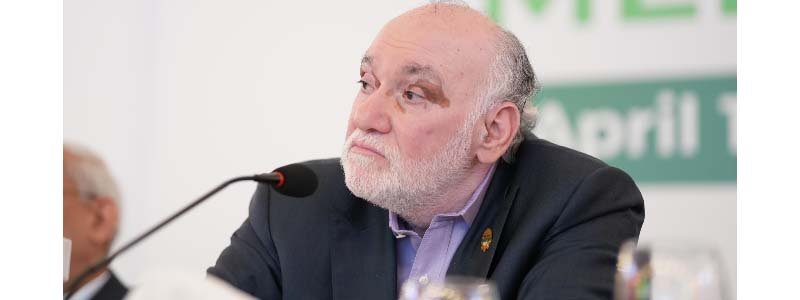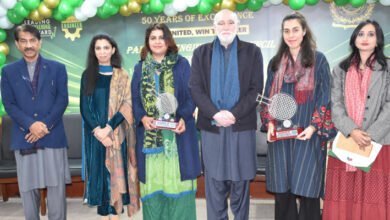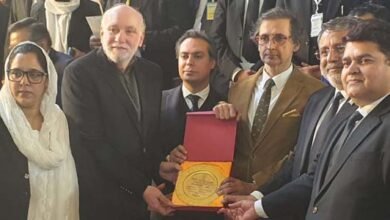PEC Honors Pakistan’s Guardians: Armed Forces & Engineers Architects of National Security!

Islamabad: Chairman PEC, Engr Waseem Nazir has praised Pakistan’s Armed Forces for valiant and prompt response to the aggression.
Pakistan Engineering Council (PEC) Salutes Armed Forces, Engineers, and Strategic Collaborators in National Defence Victory Islamabad, 11th May 2025 – PEC extends its profound appreciation to the Armed Forces for their resolute and decisive defence of the nation in the face of recent aggression. This victory stands as a testament to Pakistan’s preparedness, strategic foresight, and unity.
Chairman PEC, Engr. Waseem Nazir, emphasized that behind every successful defence operation lies a foundation of engineering strength and technical capability. From civil and military infrastructure to communications, weapon systems, and logistical resilience – engineers are the invisible force powering national defence.
“This victory was not achieved overnight. It is the product of years of coordinated effort – where military professionalism, political resolve, and engineering excellence intersect. Pakistan’s engineers are proud to stand shoulder-to-shoulder with the Armed Forces in building the very systems that defend the homeland,” said Chairman Nazir.
He further added that PEC is aligning its national programs, such as the Balochistan Action Plan-2025, Smart PEC digital reforms, and the Brain Gain diaspora portal, to ensure that the next generation of Pakistani engineers is ready for both peace-time innovation and defence-time service.
Importantly, Chairman Nazir highlighted the role of strategic technical collaborations with international partners that enable Pakistan to build, adapt, and deploy cutting-edge technology.
PEC reaffirms its mission to uphold engineering excellence as a pillar of national sovereignty. In this time of national pride, the Council honors the Armed Forces, the Government of Pakistan, and every engineer who has contributed – quietly and relentlessly – to securing the homeland.






